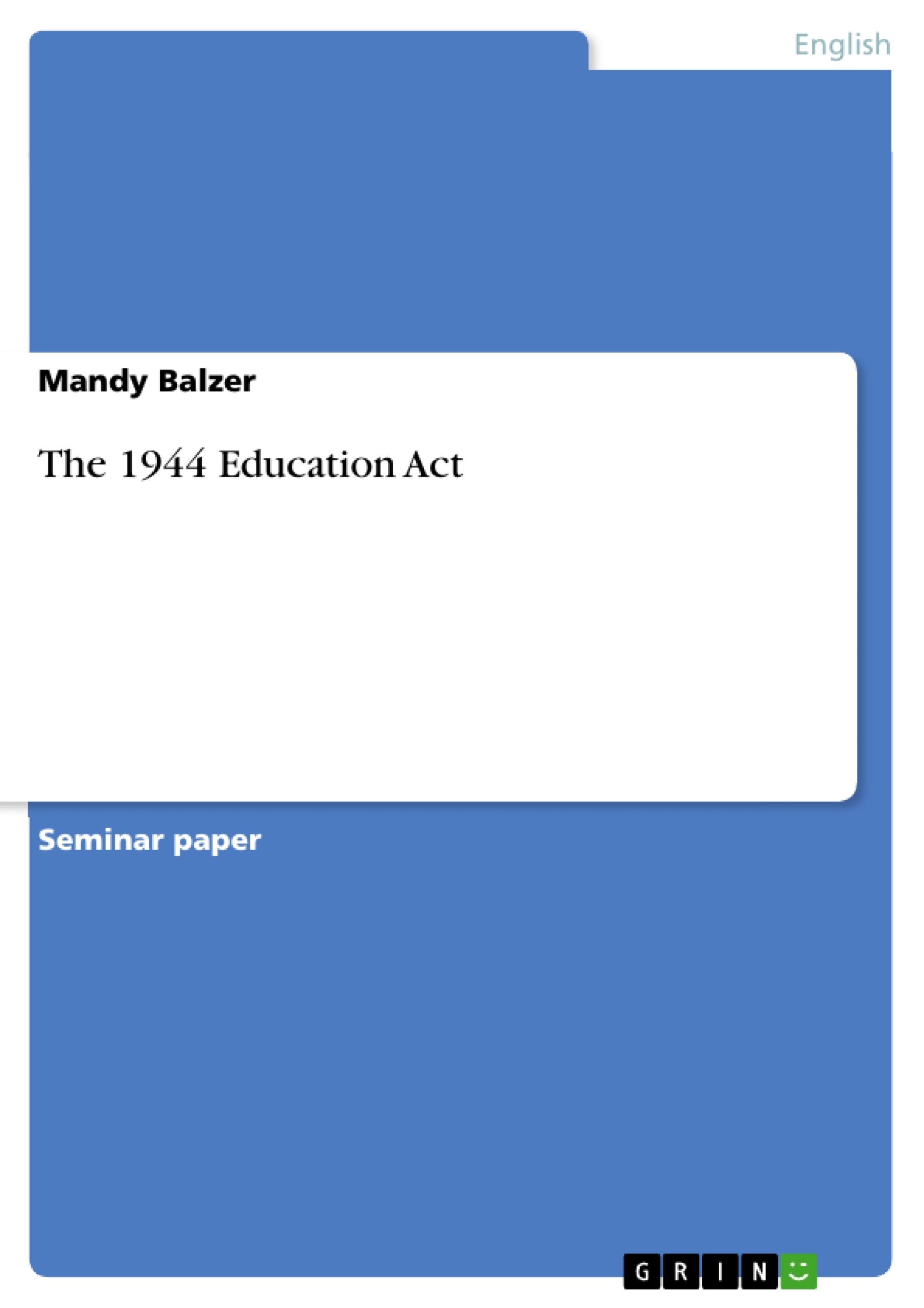In the last decades, the educational systems ‘widened’ steadily. Learning opportunities and participation are on the increase. Particularly the number of people that remain in the educational system beyond compulsory education rose considerably. This expansion continues: Following an almost universal taking part in secondary education, tertiary education registers a continuous perpetually participation rate (OECD 31-32).
The responsibility for the education in England lies with the Department for Children, Schools and Families (DCSF) led by the Secretary of State, Rt Hon Charles Clarke MP. This year’s progress report states that
parents want the best for their children. They want them to be safe, happy,
healthy, doing well in a good school with high standards, and able to get good
qualifications and eventually a good job. [...] The world is changing, and so are
the skills, attitudes and aspirations that children and young people need to
succeed in a changing global economy (DCSF 3).
This shows that nowadays education is given a high priority in the English society. It has not always been like that. The present English educational system is the result of a historical development for centuries. The system certainly has features of recent foundation, but its most basic aspects persisted directly and visibly from the nineteenth century. A key moment in educational reform seemed, and still seems, to be the Education Act of 1944. “It is a very great Act which makes – and in fact has made – possible as important and substantial advance in public education as this country has ever known.” (Dent 1).
This paper shall deliver insight into the reforms of the 1944 Education Act. In this regard, I would like to enlarge on its roots and aims – especially concerning the influence of World War II. Furthermore, I will introduce the Act itself, its strengths and weaknesses, and its potential impact on the present English education system. There are certainly several more interesting aspects regarding the issue, but due to the restricted number of pages, I will not be able to go into all of them.
Table of Contents
- Introduction
- The Development of the Education Act
- World War II and its Impact on Education
- Cycles of Reform
- The 1944 Education Act
- Part I: Central Administration
- Part II: The Statutory System of Education
- Part III: Independent Schools
- Part IV: General
- Part V: Supplemental
- Assessment
- World War II and its Impact on Education II
- Strengths of the Act
- Weaknesses of the Act
- Conclusion
Objectives and Key Themes
This paper aims to provide an insight into the reforms of the 1944 Education Act. It focuses on the Act's origins and objectives, particularly the influence of World War II. The paper will also introduce the Act itself, its strengths and weaknesses, and its potential impact on the present English education system.
- The historical development of the English educational system
- The impact of World War II on education in England
- The key features and provisions of the 1944 Education Act
- The strengths and weaknesses of the 1944 Education Act
- The enduring legacy of the 1944 Education Act on the current English education system
Chapter Summaries
The introduction discusses the expanding nature of education in England and the significance of the 1944 Education Act as a pivotal moment in educational reform. The second chapter explores the historical context of the Act, outlining the impact of World War II and the cycles of reform that led to its development. It highlights the "Green Book" and "White Paper" as crucial documents in shaping the Act's provisions.
Keywords
The main keywords and focus topics of the text include: 1944 Education Act, English education system, World War II, educational reform, post-war reconstruction, central administration, statutory system of education, independent schools, strengths, weaknesses, and the lasting impact of the Act.
Frequently Asked Questions
What was the significance of the 1944 Education Act?
The Act is considered a pivotal moment in English educational reform, making substantial advances in public education possible after centuries of development.
How did World War II influence the Education Act of 1944?
The war acted as a catalyst for social change and post-war reconstruction, leading to the "Green Book" and "White Paper" which shaped the Act's provisions.
What are the main parts of the 1944 Education Act?
The Act is divided into sections covering central administration, the statutory system of education, independent schools, and general supplemental provisions.
What were the perceived strengths of the Act?
The Act provided a structured framework for secondary education and established a more centralized administration for the English school system.
Does the 1944 Act still impact the current English education system?
Yes, many basic aspects of the current system persisted from the 19th century and were formalized or reformed by the 1944 Act, leaving a lasting legacy.
- Citation du texte
- B.Ed. Mandy Balzer (Auteur), 2009, The 1944 Education Act, Munich, GRIN Verlag, https://www.grin.com/document/202164



